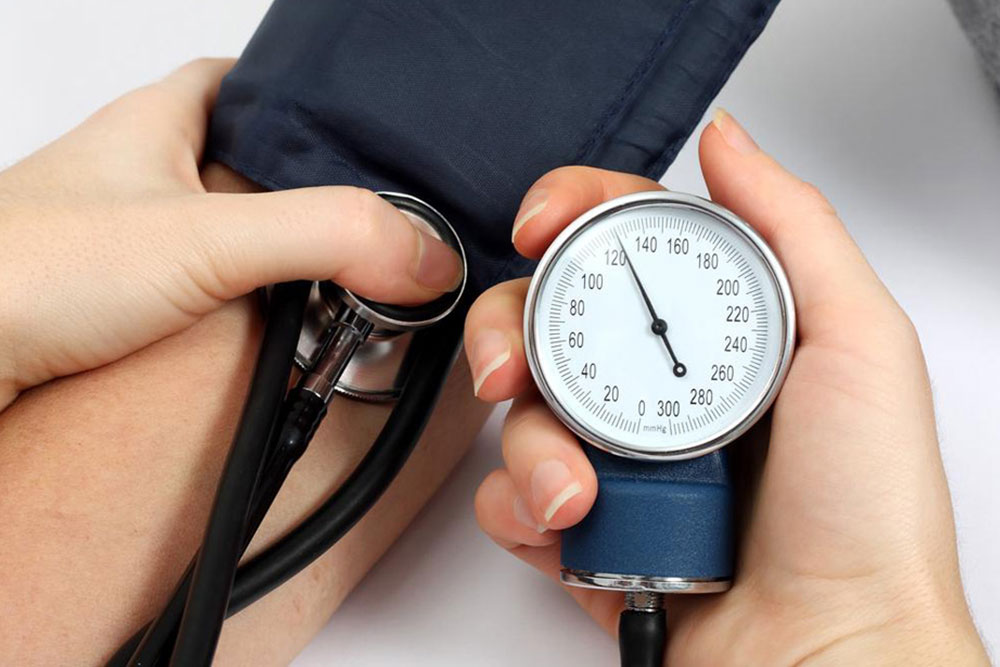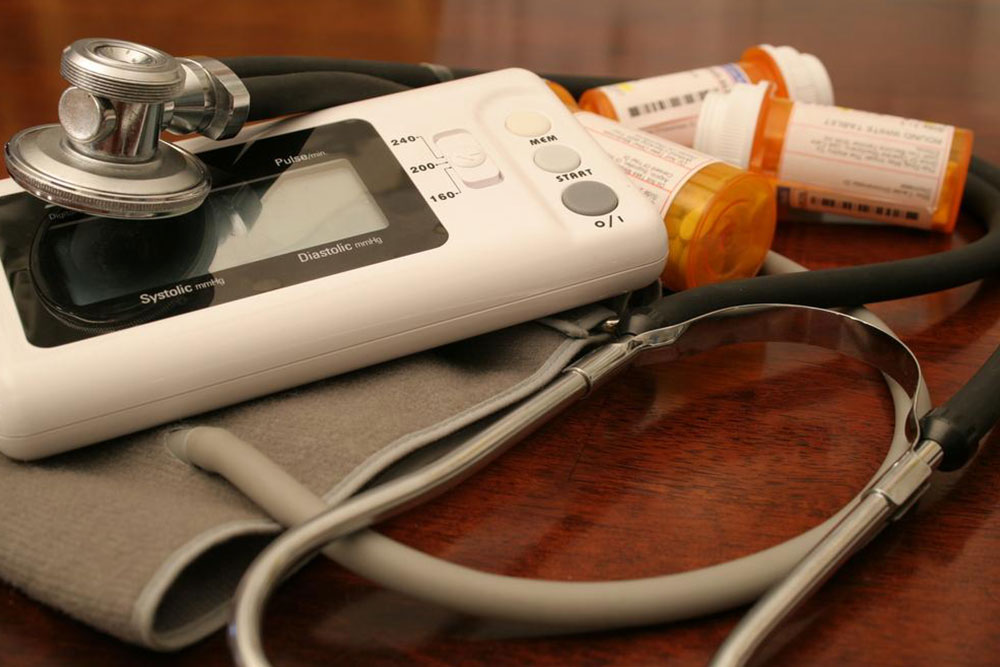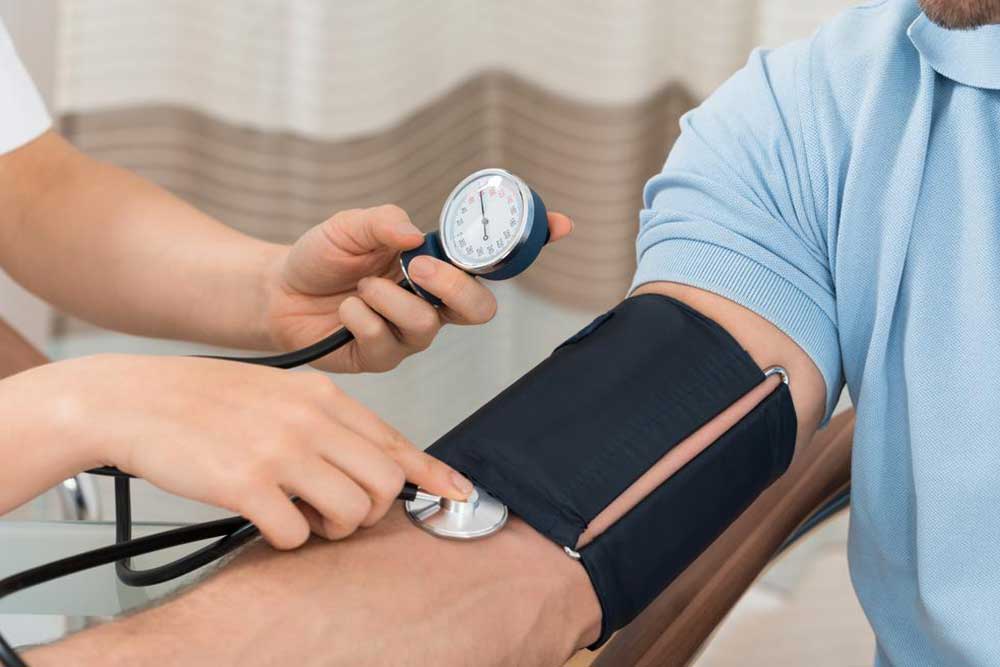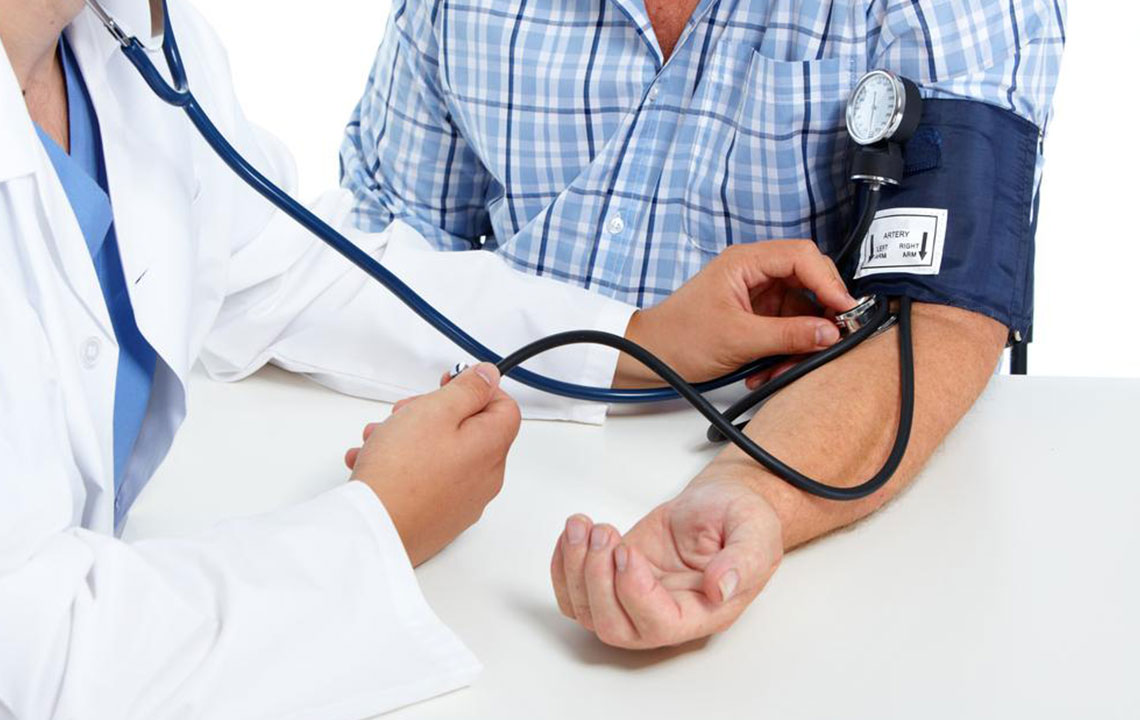Understanding Hypertension: Causes, Risks, and Preventive Measures
Learn comprehensive insights into high blood pressure, including the key causes, risks, and ways to prevent or manage hypertension. Understand how stress, smoking, salt intake, and kidney health influence blood pressure. This detailed guide provides actionable tips to maintain a healthy cardiovascular system and avoid serious health complications associated with hypertension.

Understanding Hypertension: Causes, Risks, and Preventive Measures
High blood pressure, scientifically known as hypertension, is a widespread health condition that affects millions of people worldwide. It is characterized by the persistent elevation of blood pressure levels, where the force exerted by circulating blood against the walls of arteries becomes higher than normal. This condition, often labeled a "silent killer," frequently presents no obvious symptoms, making regular monitoring essential for early detection and effective management.
Unchecked hypertension can lead to severe health complications, including heart disease, strokes, kidney failure, and even vision loss. Despite its potentially devastating effects, many individuals remain unaware of their condition, emphasizing the importance of understanding the underlying causes and associated risks of high blood pressure. This comprehensive guide aims to answer frequently asked questions about what contributes to hypertension, its risks, and how lifestyle choices can influence its development and progression.
Is Stress a Contributing Factor to High Blood Pressure?
Stress is a common factor that can cause temporary increases in blood pressure. When a person experiences stress, the body's natural response triggers the release of stress hormones such as adrenaline and cortisol. These hormones cause the heart to beat faster and blood vessels to constrict, resulting in elevated blood pressure levels. While occasional stress-induced spikes are normal, chronic stress can lead to sustained hypertension, which significantly raises the risk of cardiovascular problems over time.
Long-term stress management is crucial in controlling blood pressure levels. Techniques such as mindfulness, meditation, regular exercise, and adequate sleep can help mitigate the impact of stress on blood pressure. Healthcare providers may also recommend counseling or therapy for individuals dealing with persistent stress or anxiety that affects their health.
Does Smoking Influence Blood Pressure?
Yes, smoking has a direct and adverse effect on blood pressure. Tobacco contains numerous harmful chemicals that damage the lining of blood vessels. This damage causes the arteries to become narrower and less flexible, making it harder for blood to flow smoothly. As a result, the heart has to work harder to pump blood through constricted arteries, leading to increased blood pressure. Over time, this strain on the cardiovascular system can cause high blood pressure and elevate the risk of heart disease, stroke, and other serious health problems.
Additionally, even passive or secondhand smoke can increase the risk of developing hypertension. Secondhand exposure introduces many of the same harmful chemicals into the bloodstream, contributing to vascular damage and elevated blood pressure. Smoking cessation is a vital step for anyone aiming to control or prevent hypertension and improve overall heart health.
How Does Salt Consumption Affect Blood Pressure?
One of the most well-documented dietary factors influencing blood pressure is salt intake. Sodium, a crucial component of table salt, plays a vital role in regulating blood volume and pressure. However, excessive salt consumption causes the body to retain more water, increasing blood volume and placing additional pressure on arterial walls. This process tightens and stiffens blood vessels over time, making it harder for blood to circulate efficiently.
Reducing salt intake is a proven strategy for lowering blood pressure, especially in individuals who are salt-sensitive. The recommended daily limit for sodium intake varies, but general guidelines suggest staying under 2,300 milligrams per day, with further reductions beneficial for hypertensive individuals. Incorporating fresh fruits and vegetables, reading food labels, and cooking meals at home can help control salt intake. Limiting processed and fast foods, which are often high in salt, is also crucial in managing hypertension.
Can High Blood Pressure Cause Heart Problems?
Absolutely. Hypertension is a leading risk factor for various cardiovascular diseases. Chronically elevated blood pressure strains the heart, forcing it to work harder to circulate blood throughout the body. This increased workload can cause the muscular walls of the heart, particularly the left ventricle, to thicken—a condition known as hypertensive heart disease.
This thickening reduces the heart’s efficiency and can lead to heart failure if not managed effectively. Hypertension also increases the likelihood of developing coronary artery disease, angina (chest pain), arrhythmias, and even myocardial infarction (heart attack). The damage caused by high blood pressure can also lead to the formation of plaque within arteries, further narrowing blood vessels and increasing the risk of life-threatening events.
Controlling blood pressure through lifestyle modifications and medication, when necessary, is critical in preventing these serious heart complications. Regular check-ups and adherence to treatment plans are essential for maintaining cardiovascular health and reducing the risk of heart-related illnesses.
What Role Do Kidney Problems Play in Hypertension?
The health of the kidneys and blood pressure are intricately linked. The kidneys help regulate blood pressure by controlling fluid levels and secreting hormones such as renin, which influence vascular tone and blood volume. When the kidneys are damaged or diseased, their ability to regulate blood pressure becomes impaired, often leading to secondary hypertension.
Kidney disease can cause narrowing of the renal arteries, reducing blood flow to the kidneys—a condition known as renal hypertension. Conversely, high blood pressure can damage the small blood vessels within the kidneys, impairing their functioning and creating a vicious cycle of worsening hypertension and renal damage.
Early detection and management of kidney problems are vital in controlling blood pressure. Lifestyle changes, medications, and in some cases, dialysis or surgery may be necessary to protect kidney health and prevent related complications. Maintaining a healthy blood pressure level is essential to safeguarding kidney function and overall well-being.





